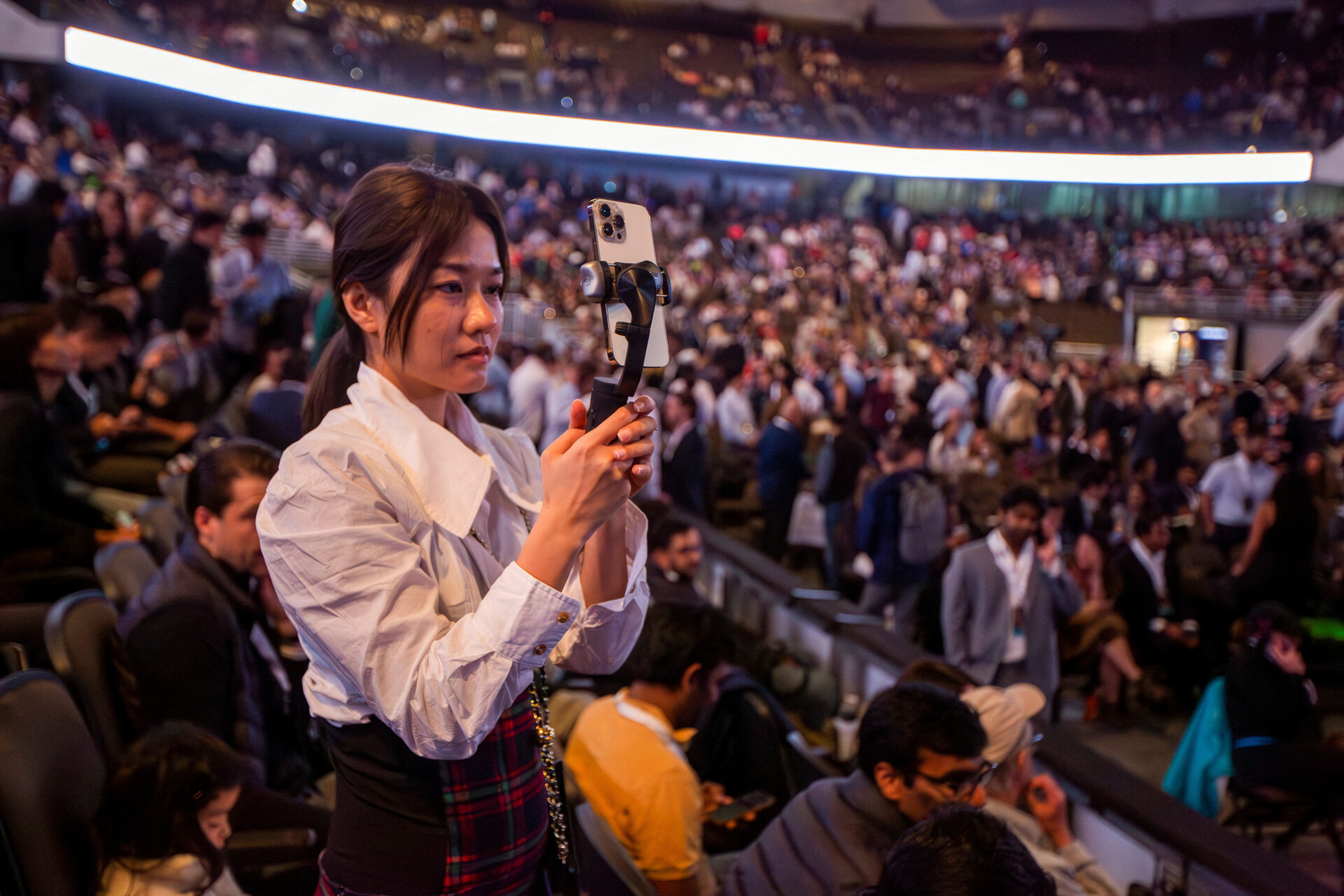 Aesop, the cosmetics brand founded by Dennis Paphitis has been sold to L’Oreal for $2.53 billion. Credit: stellahyc910 / Flickr
Aesop, the cosmetics brand founded by Dennis Paphitis has been sold to L’Oreal for $2.53 billion. Credit: stellahyc910 / FlickrIn 1987, Greek-Australian hairdresser Dennis Paphitis founded the luxury cosmetics brand Aesop from his salon in Melbourne, Australia; little did he know, it would one day sell for billions of dollars.
Aesop would go on to become a major force in the cosmetics industry. Its skincare, haircare, and fragrance products are sold at 400 points of sale across 27 countries worldwide.
Since Aesop was founded 36 years ago it has maintained a loyal customer base of enthusiasts for the brand. In April 2023, L’Oreal made a deal to purchase Aesop from Natura & Co for over $2.5 billion.
The story of Dennis Paphitis, founder of Aesop
Dennis Paphitis was born into a family of Greek Cypriot immigrants to Australia. Both of his parents were involved in hairdressing so the young Paphitis had exposure to the beauty industry from a very young age.
In fact, Paphitis has said in a number of interviews that he was practically raised in his father’s barbershop and enjoyed watching customers come in to have their hair cut or receive a shave.
Paphitis’ father hoped that he would pursue a career in a white-collar profession, perhaps as a doctor or a lawyer, but like his parents, he also pursued hairdressing and decided to leave Australia to study his chosen craft in France.
However, the death of his father compelled Paphitis to return to Australia where he founded his first hair salon in 1987. At the age of just 24, Paphitis was now the owner of his own salon which he called “Emeis”, meaning “we” in Greek.
#Aesop founder Dennis Paphitis talks luxury and necessity: “Material indulgences have their limitations.” https://t.co/zjo72FQSHB pic.twitter.com/NsTk580s7M
— The Talks (@the_talks) October 18, 2016
Birth of the Aesop brand
It was at his salon in Armadale, an inner suburb of Melbourne, that Paphitis first started experimenting with the products that would launch the Aesop brand.
The young Greek-Australian hairdresser and business owner began to experiment by adding essential oils to the products he used in his salon to try and remove the smell of ammonia and enhance the experience of his customers.
It was from these early experiments that the Aesop brand grew and blossomed. At the time, the combination of essential oils with scientific cosmetology was revolutionary. The Aesop products, which came packaged in pharmaceutical bottles with simple black and white labels soon became popular.
The name Aesop was derived from the legendary ancient Greek fabulist whose many stories are now collectively known as Aesop’s Fables. The identity of the enigmatic storyteller, who is believed to have been born in c. 620 BC is not entirely clear, but his fables are beloved the world over and have been told and retold for thousands of years.
L’Oreal deal
Owing to the success of Dennis Paphitis’ vision and his distinctive products, it is no surprise that the heavyweights of the cosmetics industry have sought to acquire the brand.
In December 2012, Aesop transferred 65% ownership of its company to Natura & Co, a direct-sales cosmetics enterprise based in Brazil, for a sum of $71.6 million. In 2016, Natura acquired total control of the company.
The acquisition proved to be an extremely profitable one for Natura. Over the course of a decade, from 2012 to 2022, Aesop’s gross sales surged from $28 million to $537 million, making it the biggest revenue generator for Natura & Co during that period.
Then, in April 2023, L’Oreal agreed to purchase Aesop from Natura & Co for $2.53 billion, the company’s largest takeover in decades. The deal is subject to regulatory measures and is expected to be finalized in the third quarter of this year.
L’Oreal CEO Nicolas Hieronimus described Aesop as a “superb combination of urbanity, hedonism, and undeniable luxury,”

 1 year ago
99
1 year ago
99











 English (US)
English (US)